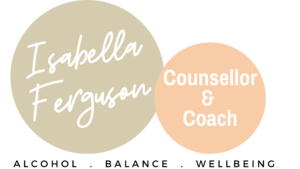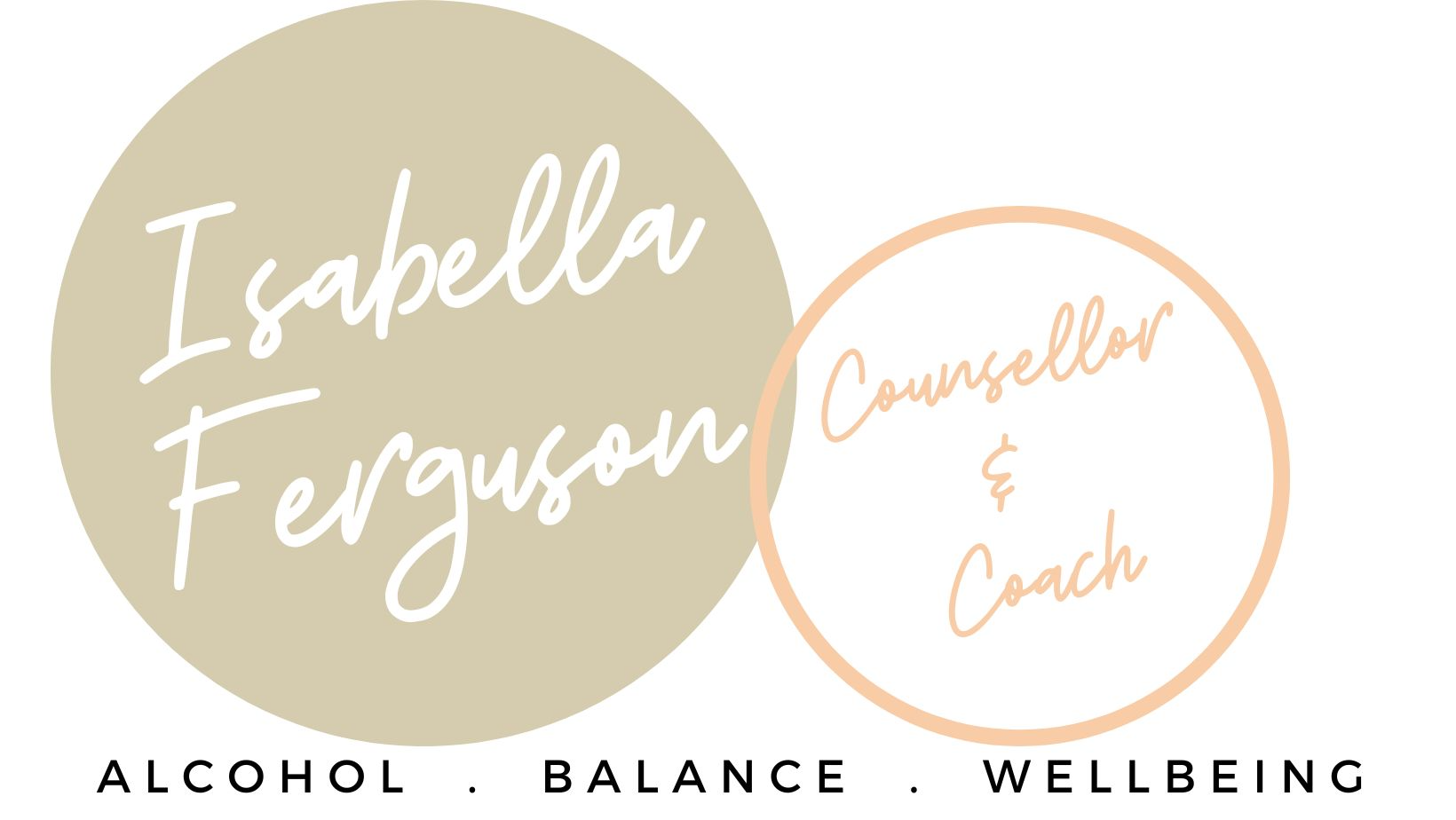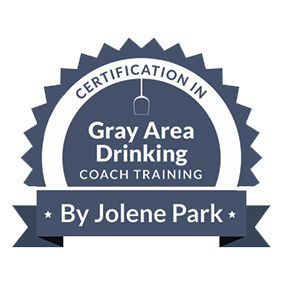Sober Sex! Let’s talk about it…
Sober Sex*
Let’s talk about it. Why?! Because it comes up a lot. Discreetly and tentatively at first but it presents as a major issue often when alcohol is removed from your life. Also, if drinking has been part of your whole sexual history then you may not even know if you enjoy sex at all! So… sober sex.
Why is this important? Because it is about connection and we know how important quality connection is to an alcohol-free life. It’s the opposite to addiction.
Moreover, quality connection and intimacy with our partner, the person that we are most close with in the world and the person we spend most of our time with is likely to be high on your priority list. There are exceptions to this but if this is the case for you then read on.
Uncomfortable feelings created through lack of connection and issues with intimacy can feel stressful and can create urges to reach for alcohol. So best to address this head on.
Does any of this ring true for you?
- Have you only ever had sex while under the influence?
- You and your partner met and bonded over drinking. Drinking was part of the courtship, drinking and sex was a regularly thing, or
- You are freaking out about sober sex, like freaking out!
Geez – I was…
The quick facts
In short, alcohol may lower your inhibitions, but it decreases your ability to become and stay aroused.
Drinking reduces testosterone in both men and women. For women, low testosterone can mean hair loss, weight gain, broken sleep, depression and anxiety and on top of all of that it decreases your libido! Alcohol messes with that part of your nervous system that is essential for orgasm and arousal. So, you may have difficulties reaching orgasm.
For men, alcohol can lead to difficulties maintaining an erection or erectile dysfunction. In fact, a study resulted in rats testicles decreasing in size by 50% when they were fed a steady diet of ethanol. Alcohol causes dehydration which increases a hormone, angiotensin, that is associated with erectile dysfunction. It also decreases blood volume and interferes with circulation, both of which can contribute to performance issues. Men may also experience decreased sperm production, breast enlargement and lowered libido.
Why do drinking and sex go hand-in-hand?
Usually because we’ve always done it. Awkward tense sexual exchanges with partners and one-night-stands may always have been associated with alcohol for you. Images of women drinking and then having wild, sexy and crazy sex were everywhere for me growing up. They are so destructive and disingenuous.
If you drank a lot when you were young then you might have been someone who lacked confidence, experienced social anxiety, was a little nervous. Alcohol numbed that. You likely developed deeply ingrained beliefs that you need alcohol to have sex or you need alcohol to be good at sex. These beliefs can really impact your self-confidence and connection to your own body.
Alcohol allows you to abandon yourself emotionally and mentally and when it comes to sex, alcohol facilitates you abandoning yourself physically too. This sounds quite frightening doesn’t it?
You may never have learned how to get comfortable with being sexually intimate or just intimate generally with another person without alcohol being present. This is ok as it’s never too late to learn, but if alcohol was frequently present in intimate moments ever since you became sexually active then abandoning yourself may have become the norm. So, you never developed these skills.
No wonder you feel alarmed at the prospect of sober sex!
You already feel raw, vulnerable, and naked venturing into the world fully sober and now you need to consider the prospect of being physically naked too!
Sober sex is way better than drunk sex
You get to experience it all, physiologically, emotionally and mentally. This can feel a lot to deal with at first, but over time, it is way better. Your brain, nervous system, senses, circulation are all alert and unimpeded.
I never really remembered sex the next day. Perhaps it was more a performance rather than a real experience. It was never really a genuine connection. It was an experience that was just one of those things.
However, without the alcohol and the numbing, you are literally more in touch with your body. It’s worth it – promise.
Hot saucy tips
If you are in the early days of sober sex and it is all just too daunting, then go easy on yourself. Cut yourself some slack and postpone the moment until you are ready. You may very well be feeling fatigued, emotional and stressed as it is trying to navigate life without alcohol. Adding sex to the mix may be too much for your right now. This is normal and understandable.
As you remove alcohol, you may be uncovering connection and communication issues in your relationship that may have related to you drinking as you did in the first place. So it may be complicated. Sort these issues out first. You need to feel comfortable.
Also, when you are taking a break from alcohol, it is not just about alcohol. It is about landing back into our bodies and feeling comfortable in our skins again. A rebirthing of sorts. So you may be re-learning how to connect with your partner and yourself again on a sober basis. Go slow.
This may very well require doing some reframing work (alone or with a counsellor) on beliefs that you may hold able around sex, like “I believe I need alcohol to have sex” or “I believe I need alcohol to be good at sex” or “I need alcohol before I reveal my body to my partner“. There are many that I could list here. These beliefs can really impact your self-confidence and connection to your own body. Cognitive reframing work can really help here to untangle the historical stories, experiences and assumptions that you have developed over the course of your life that have lead to you feeling hesitant or scared about sex.
Engaging in any movement (think exercise, dancing, swimming, yoga) does wonders for connecting you back with your body, as does breathing exercises and meditation.
Wait until you are relaxed, feeling happy and connected with your partner and have faith that your body will remember the moves!
Finally, acknowledge this to yourself for what it is. If it works for you and you feel safe doing so communicate your nerves with your partner.
It’s a new experience, potentially a sober first and it is going to be uncomfortable initially but you’ll get your old groove back.
If there are any long-term issues, then consider reaching out for one-on-one counselling to discuss these matters further.
*Note: If you have a history of sexual trauma and your alcohol use is connected with this (which is common) then you may need additional one-on-one support from a trauma-trained specialist to talk through your concerns
Going forward
If you would like some help to drink less consider:
- booking in a confidential no obligation discovery call with me to discuss how I can support you, or
- join the Alcohol Revolution Program, an online self-guided course.
Isabella xo





